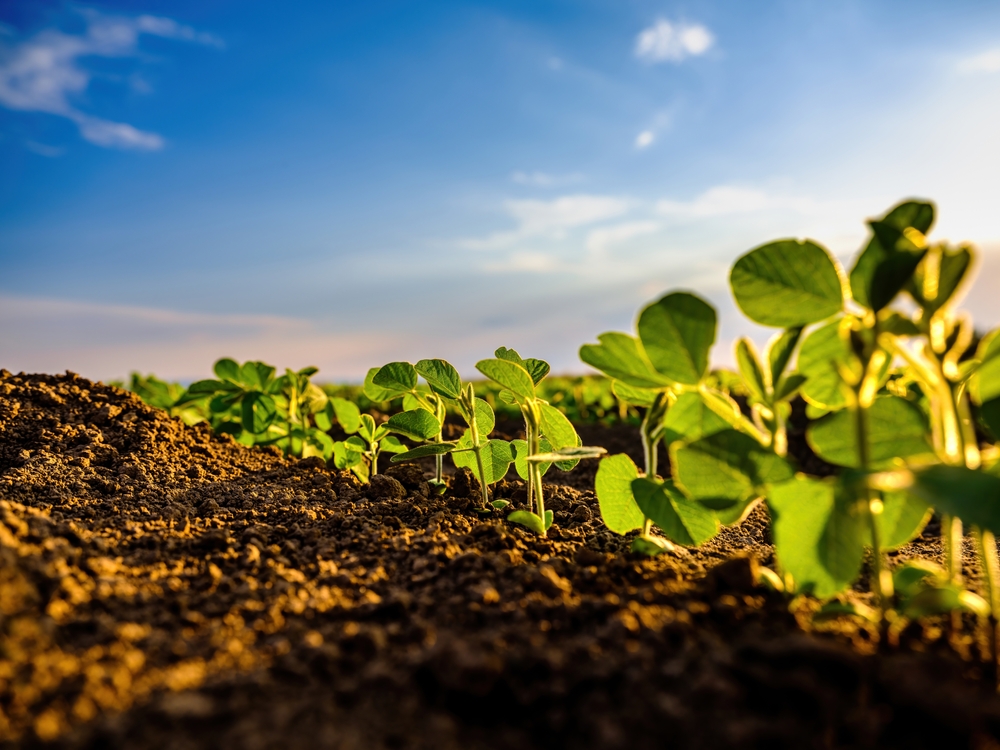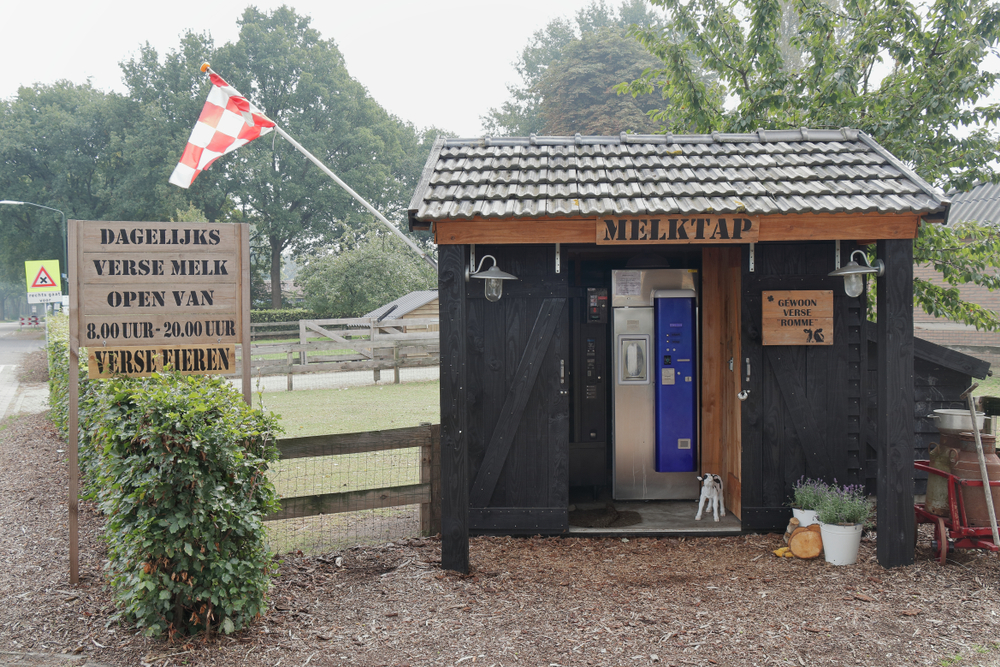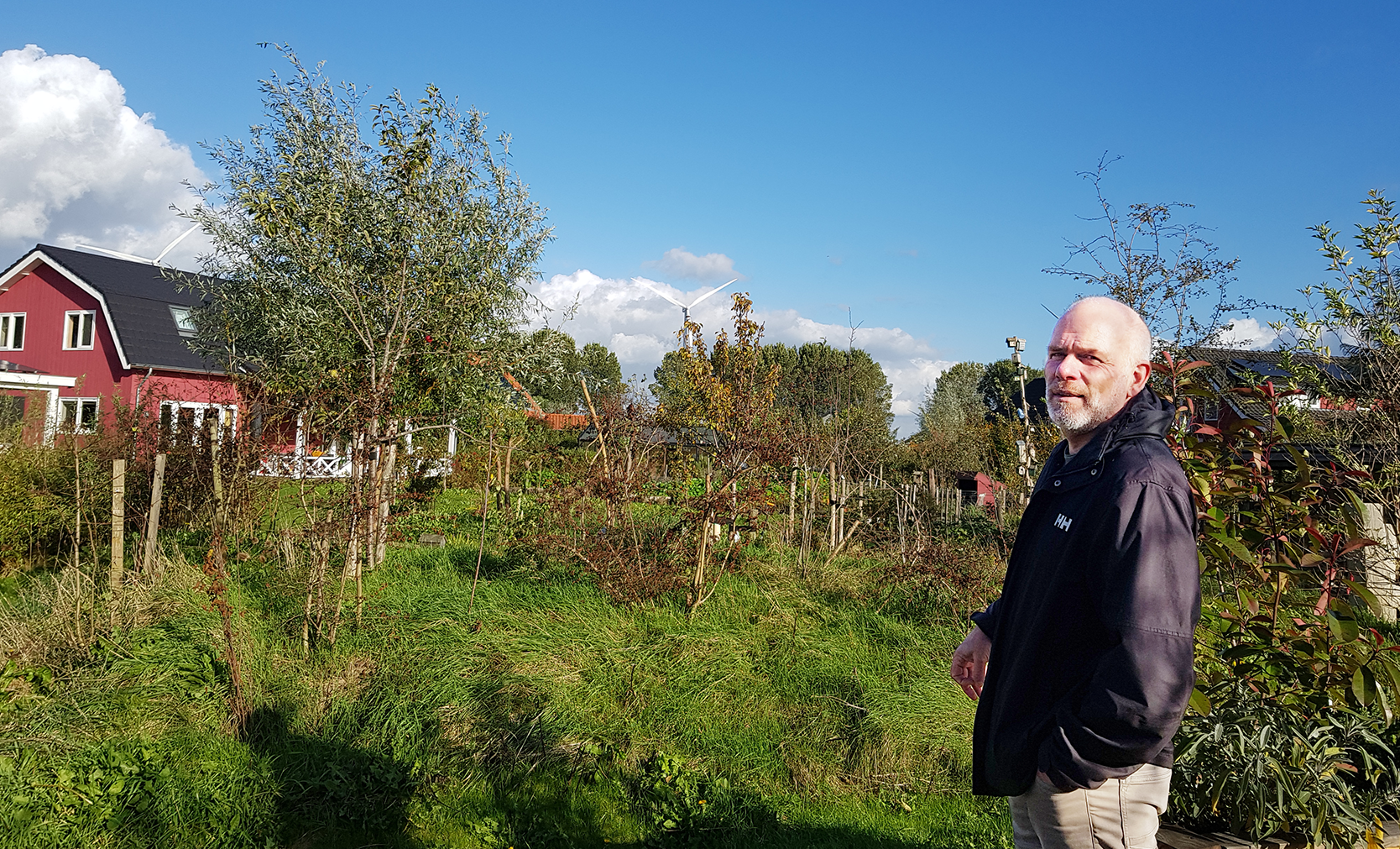With a master plan that offers a new perspective on the protein transition, WUR and its project partners aim to get 96 million euros from the National Growth Fund. The plan, bearing the title Economically-Powered Protein Transition through Innovation in Chains (EPPIC), paints a future in which Dutch farmers switch to extensive cultivation of plant-based proteins within six years while consumers eat twice as many legumes within the same time frame.
Deloitte calculated that this plan would contribute significantly to achieving the environmental and climate goals, offers Dutch farmers earning potential, and catalyses economic activity worth 2.6 million euros. Thus, the plan can accelerate the protein transition within the National Growth Fund’s ambitions (see box below).
To double the use of legumes in the Netherlands by 2030, the plan focuses on the agricultural sector, the food industry, and consumers. For farmers, the focus is on economic viability, which is to be achieved by increasing the yield per hectare and improving options to fight pests and diseases. For the consumer, the focus lies on altering the range of products in the supermarket and on menus so that consumers are confronted with plant-based options more regularly. Moreover, health aspects are included in the study.
Competition
The application for funding has been submitted to the National Growth fund, with the Ministry of Agriculture, Nature and Food Quality as the official applicant and co-initiator of the plan. This gives EPPIC the status of a departmental proposal. Whether the National Growth Fund will award the funding is not yet certain. There are 26 other departmental proposals and 20 subsidy requests from so-called “field parties” (businesses and knowledge institutes) competing. The sum of the applications is 9.4 billion euros, while “only” 4 billion euros have been earmarked for this round. Next summer, when the advisory committee has assessed the proposals, the cabinet will decide.
More information about the plan, its five initiators – which include WUR, LNV and agricultural organisation ZLTO – and the 82 partner organisations is provided on the WUR website. The project leader is Stacy Pyett, programme manager of Proteins for Life.
The national Growth Fund
The National Growth Fund, which was announced on Prince’s Day of 2020, aims to fortify the Dutch sustainable earning capacity through one-off investments in projects that deliver long-term economic growth. The fund is also known as the ‘Wobke/Wiebes fund’, after the ministers Wobke Hoekstra and Eric Wiebes, who were responsible at the time. The cabinet has earmarked 20 billion euros for the fund for 2021 to 2025. WUR projects have previously also received funding.

 Soy is also a legume. Soy grown in the Netherlands is also known as “Nethersoy”. Photo Shutterstock
Soy is also a legume. Soy grown in the Netherlands is also known as “Nethersoy”. Photo Shutterstock 

